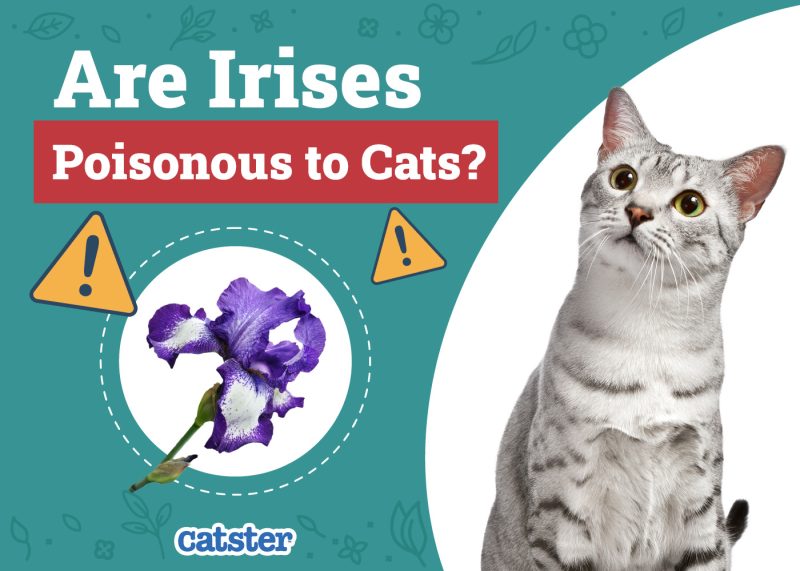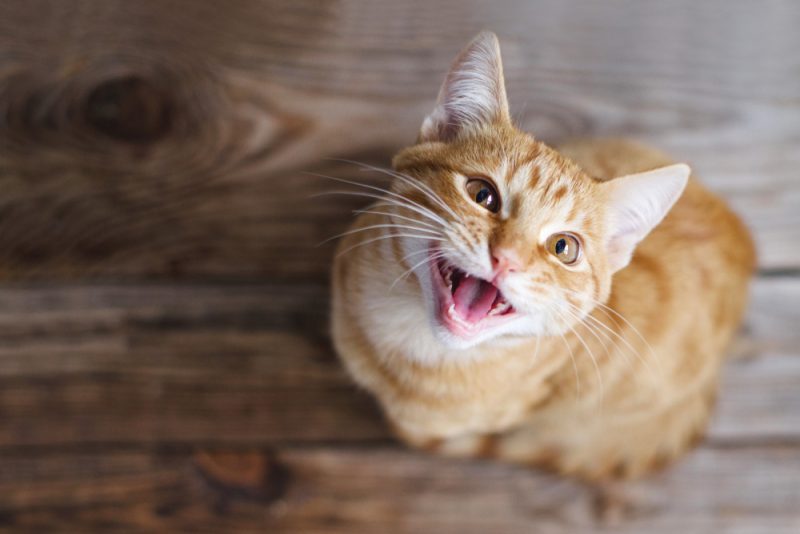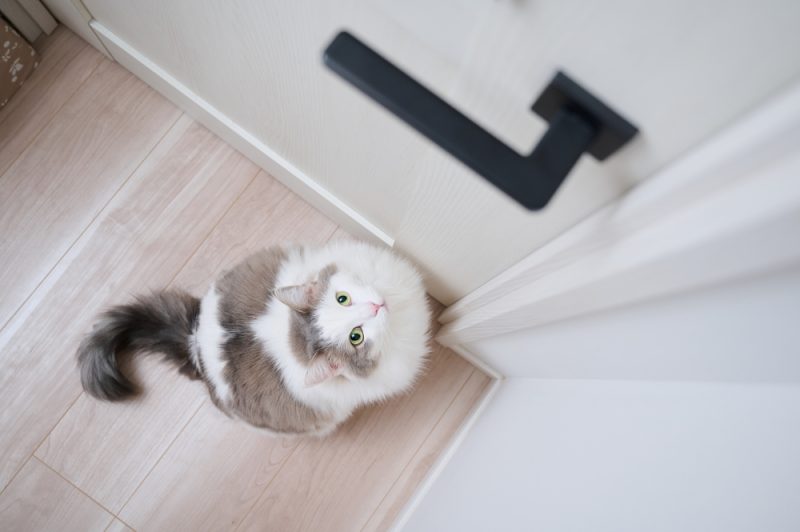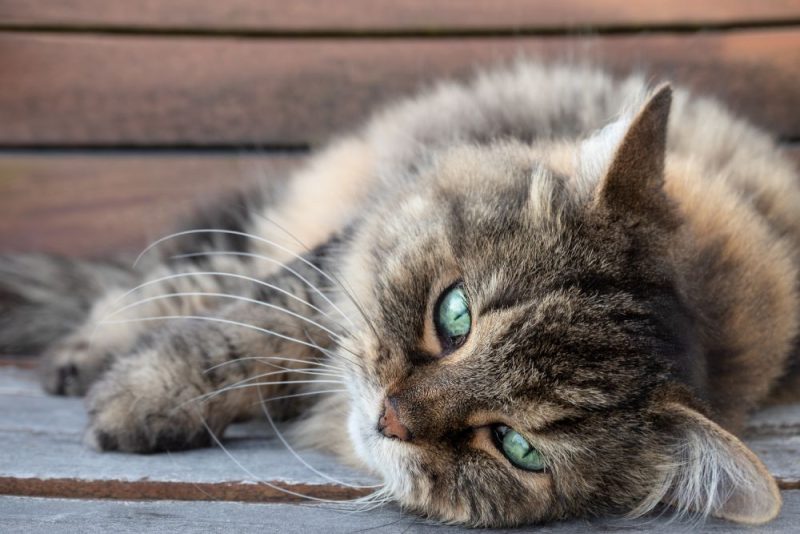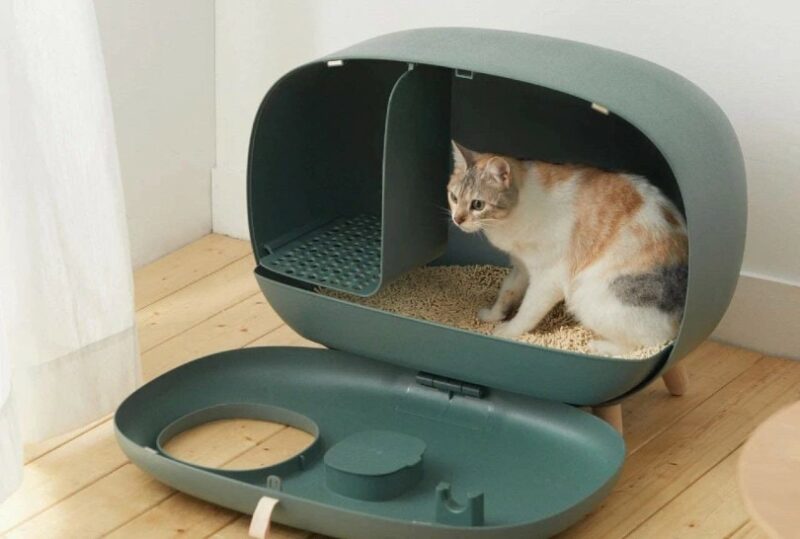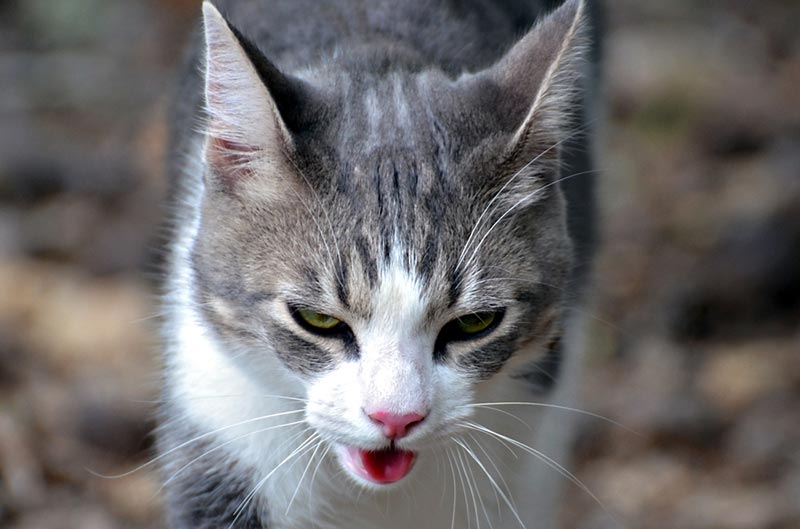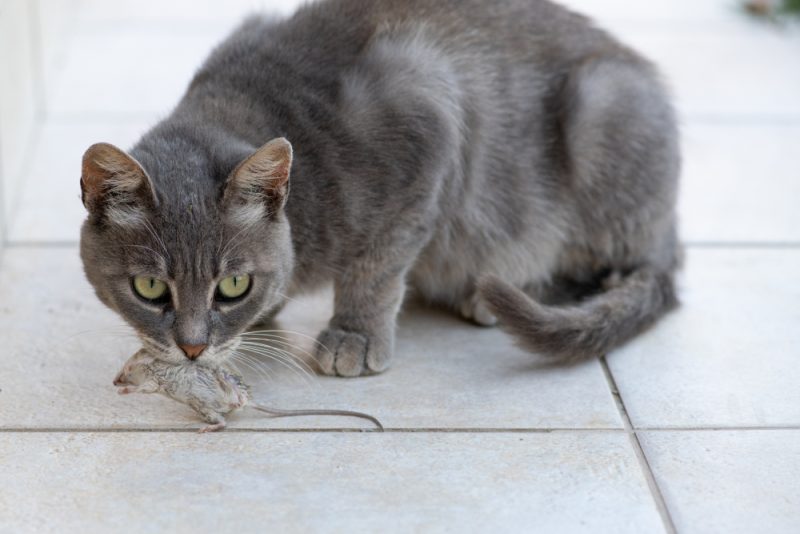You likely know how it feels when you discover that your cat has eaten something and you have no idea whether it’s safe. Things that kitties seem quite fond of include plants and flowers, which are common in households. While certain ones are fine for them to eat, many others aren’t safe.
One such flower is the iris. Beautiful as it may be, irises are toxic to cats. While the consequences of eating irises can range from mild to moderate, they will put your cat in a great deal of discomfort. But what exactly is it about the iris that makes it so bad for our four-legged friends, and what will the outcome be if it’s eaten?
Here’s everything that you need to know about iris poisoning, its clinical signs, and how you can keep your cat from getting into this lovely but poisonous flower.

What Is Iris Poisoning?
Iris poisoning occurs when your cat ingests any part of the iris, though the worst part for them to eat is the bulb and rhizomes, as these are where more of the toxic components are. What are these toxic components? They’re known as pentacyclic terpenoids (missourin, missouriensin, and zeorin, to be precise).
Ingesting these can cause tissue irritation, which can be mild to moderate depending on how sensitive your feline is to the terpenoids. These signs will be uncomfortable for your cat, no matter how severe, though.

What Are the Signs of Iris Poisoning?
- Lethargy
- Vomiting
- Diarrhea
- Drooling
- Stomach pain
- Ulcers in the mouth
- Irritation to the skin of/around the mouth
If you notice these in your kitty, get them to a vet straight away. These are signs of many health conditions, though, so if you didn’t see your cat eat an iris, but these signs are being exhibited, your vet can still provide the necessary treatment for your cat.
Treatment for this can include inducing vomiting or washing out the mouth to get rid of the poison, giving your cat fluids if they are dehydrated from throwing up, or giving your pet medication to help them stop vomiting.
Consulting a veterinarian is recommended for the best course of action.
If you need to speak with a vet but can't get to one, head over to PangoVet. It's an online service where you can talk to a vet online and get the advice you need for your pet — all at an affordable price!


How to Keep Your Cat From Eating Irises
The safest and simplest solution to keep your cat from eating irises is to get rid of them. However, we understand you may want to keep them around. If tossing them isn’t an option, there are other ways you can keep your cat away from the plant.
If irises are indoors, you can place them way up high where your cat can’t reach them or in a room the cat isn’t allowed in. Wherever you place them, be sure you check them regularly for dropped leaves or flowers, so you can remove them before your pet can get to them.

If your irises are outdoors in a garden, it will be much harder to ensure your cat can’t eat them (unless your cat is indoors only). However, you could try spraying the irises with a mixture of water and citrus fruit (orange, lime, or lemon juice) since cats don’t enjoy the scent or smell of citrus. You could also try spraying a bit of apple cider vinegar in the soil near your plants, as cats don’t like its smell either. Or you could try putting up netting or something similar around your plants.
Another option to consider is gifting your feline a garden of their very own that contains cat-friendly plants, such as catnip or cat grass. An area of plants your pet loves could keep them away from what they shouldn’t have.

Final Thoughts
If you have irises in your home and your cat gets into them, it could end in a very uncomfortable experience for them. Eating any part of the iris can lead to iris poisoning, resulting in gastrointestinal issues, lethargy, skin irritation, and more. If you suspect your feline has eaten an iris, get them to a vet right away for treatment. Treatment might involve making them vomit or intravenous fluids if they ate too much of the plant. Although your kitty may be miserable for a time, they should be fine after treatment.
You can also try to keep your cat out of any irises in the first place to avoid such a situation. Getting rid of this plant is the easiest way to do this, but there are other options if you are unable to do so. You can keep it out of reach or make it smell like something that your kitty hates. You can even set up a cat-friendly garden that they can have all to themselves! With a bit of time, your pet should realize that irises are off-limits, and iris poisoning can be avoided.
Featured Image Credit: GAIMARD, Pixabay
